Because dengue fever is a disease for which there is no vaccine or specific treatment, especially since it is transmitted by the vector, the Aedes mosquito, doctors and leading experts are very concerned.
Controlling dengue fever: Protecting public health from the roots
Because dengue fever is a disease for which there is no vaccine or specific treatment, especially since it is transmitted by the vector, the Aedes mosquito, doctors and leading experts are very concerned.
Dengue fever is widespread and difficult to control.
Dengue fever has long been a serious health problem not only in Vietnam but also around the world. According to the World Health Organization (WHO), the disease is currently circulating in more than 130 countries, with about 400 million cases and more than 10,000 deaths each year. In Vietnam, dengue fever was first recorded in 1958 and quickly became a nationwide epidemic. The period from 2019 to 2023 witnessed two major outbreaks, with the number of cases in 2022 reaching more than 370,000 and 150 deaths.
 |
| Seminar "Preventing dengue fever - What are the effective solutions?". |
At the seminar "Preventing dengue fever - What are the effective solutions?" organized by the Government Electronic Information Portal on December 3, Prof. Dr. Vu Sinh Nam, Senior Advisor on Dengue Fever, National Institute of Hygiene and Epidemiology, General Secretary of the Vietnam Preventive Medicine Association said that previously, the epidemic was mainly concentrated in the Mekong Delta and the Central Coast, but uncontrolled urbanization and climate change have created conditions for Aedes mosquitoes - the disease-transmitting agent, to spread to new areas such as the Southeast, North Central, Central Highlands and the North.
“Even mountainous provinces that were considered “immune” to this disease have recorded cases, typically Hanoi with more than 40,000 cases in 2022,” Mr. Nam informed.
The characteristics of Aedes mosquitoes make their control extremely difficult. Unlike malaria-carrying mosquitoes that live outdoors, Aedes mosquitoes prefer indoor environments and breed in places with clean water - a factor closely linked to human lifestyles. Mosquito and larval eradication cannot rely solely on the health sector or government, but requires close coordination from the community. However, people's awareness in many places is not high, leading to limited prevention effectiveness.
In addition, climate change and globalization have also increased the challenges. Global temperatures have increased, and mosquito habitats have expanded. Along with that, strong development of transportation and tourism has contributed to the rapid spread of epidemics.
With the experience of a long-time epidemiologist in Vietnam, Mr. Nam said that there is currently no specific treatment for dengue fever, mainly symptomatic treatment. Dengue fever is caused by 4 different types of viruses and the development and immune response of each type is very complicated. Therefore, forecasting and responding to the epidemic situation caused by the types of viruses is very difficult.
 |
| Dr. Hoang Minh Duc, Director of the Department of Preventive Medicine (Ministry of Health). |
Also at the seminar, Dr. Hoang Minh Duc, Director of the Department of Preventive Medicine (Ministry of Health) said that each year, Vietnam has about 200,000 cases, creating a huge economic burden for the people. “Seven years ago, we conducted a study to assess the finances for dengue fever prevention. Accordingly, each person hospitalized costs from 6-10 million VND, plus each hospitalized person needs a number of family members to accompany and take care of them, creating a huge economic and social burden.
We have always known that vaccines are the most effective weapon in the prevention of infectious diseases, especially epidemic prevention. Of the 58 infectious diseases, there are currently more than 40 diseases with vaccines. The dengue fever vaccine was licensed in May 2024," said Dr. Hoang Minh Duc.
Control from the root
To effectively control dengue fever, a comprehensive strategy is needed, combining many solutions from the national level to each family.
Accordingly, Dr. Hoang Minh Duc said that, first of all, raising public awareness must be a top priority. Communication campaigns on how to prevent Aedes mosquitoes need to be strongly implemented, especially in high-risk areas. People need to understand that removing clean water containers in the house or covering them is a simple but effective way to cut down on mosquito breeding grounds.
In addition, the return of the National Target Program on Dengue Fever Prevention and Control is necessary. Previously, this program effectively mobilized a network of medical collaborators in villages, hamlets, and communes to support propaganda work and guide the implementation of measures to destroy disease vectors. After the program ended in 2020, the number of cases increased significantly, showing the irreplaceable role of nationally organized programs.
Therefore, it is necessary to invest heavily in medical research and development, especially in expanding dengue vaccination. The Takeda vaccine, which has just been licensed for use in Vietnam, is a positive sign, but to be highly effective, there needs to be a policy to support the widespread deployment of this vaccine. Free or low-cost vaccination will encourage people to access it, especially in rural areas where economic conditions are still difficult.
“One of the key lessons we can apply in Vietnam is the mindset of building strong partnerships between the public and private sectors. This engagement will be key to achieving sustainable results in disease prevention and control, especially in the context of Vietnam facing a high burden of dengue fever,” said Dion Warren, General Manager, India and Southeast Asia (I-SEA) at Takeda.
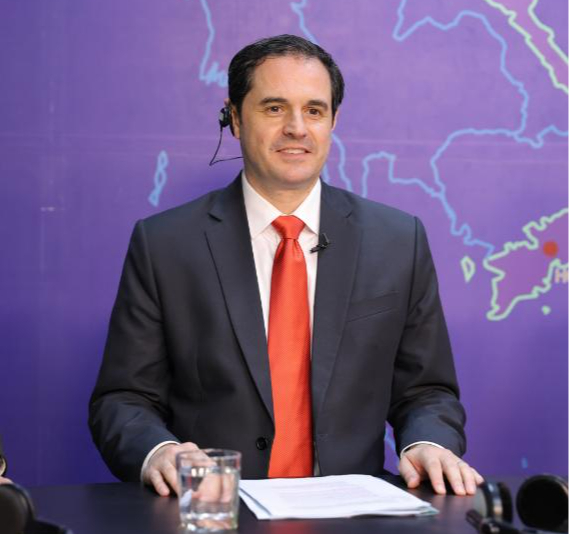 |
| Mr. Dion Warren, General Manager, India and Southeast Asia (I-SEA) at Takeda. |
Mr. Dion Warren emphasized that the goal is to reduce and even completely eliminate deaths from dengue fever by 2030. To achieve this, he proposed to strengthen coordination between the public and private sectors, including health organizations, medical associations, patient associations, as well as private organizations and businesses.
"We need to further strengthen education and communication to raise public awareness about dengue prevention and control. As experts have emphasized, controlling the habitat of Aedes mosquitoes - the disease-transmitting agent - is key. In particular, we need to focus on eliminating stagnant water around residential areas where mosquitoes can breed," said Mr. Dion Warren.
In addition, it is necessary to widely disseminate preventive measures and specific instructions to people on how to protect their families. This is very important, because the nature of dengue fever is complex and has the potential to quickly spread if effective control measures are not taken.
This work requires the cooperation of authorities, health organizations and the whole society to ensure a safe living environment and minimize the risk of disease spread. Only then can we push back the burden of this disease and build a safer, healthier living environment for all people.
Source: https://baodautu.vn/kiem-soat-sot-xuat-huyet-bao-ve-suc-khoe-cong-dong-tu-goc-re-d231639.html










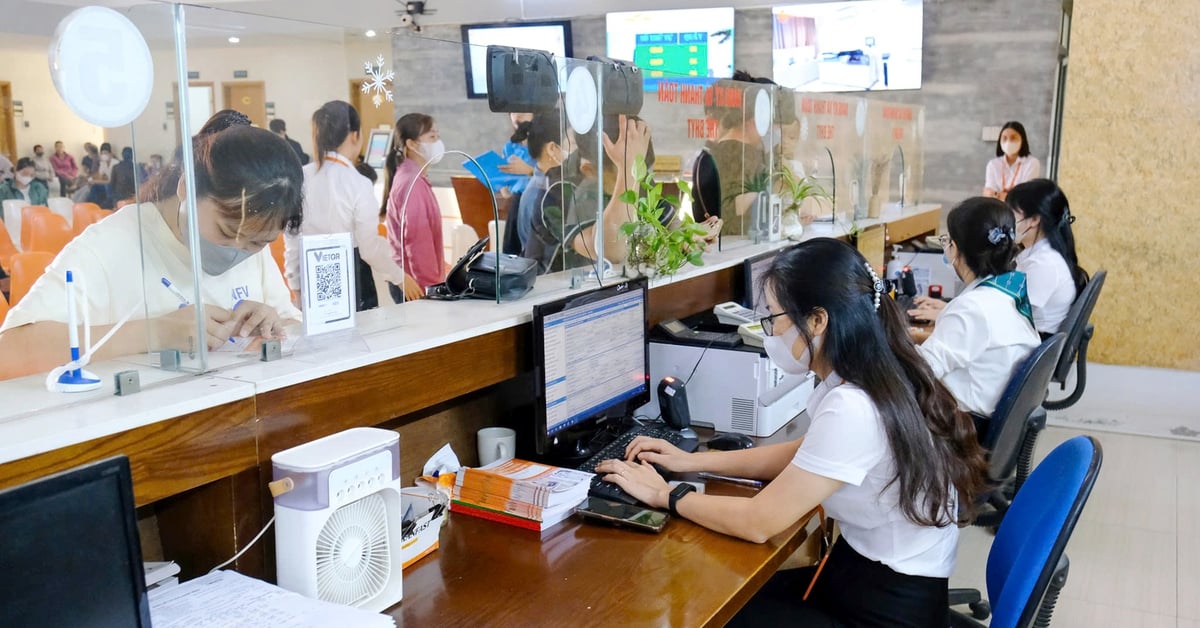


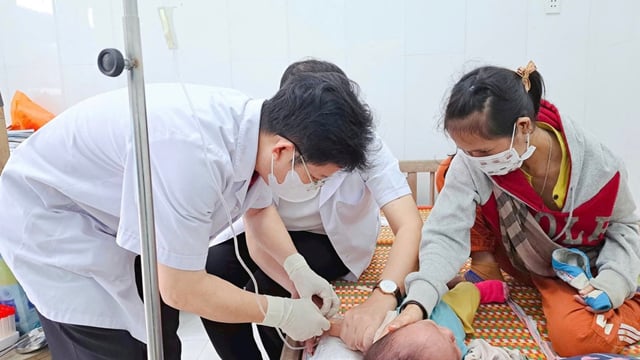



















![[Photo] Visiting Cu Chi Tunnels - a heroic underground feat](https://vstatic.vietnam.vn/vietnam/resource/IMAGE/2025/4/8/06cb489403514b878768dd7262daba0b)









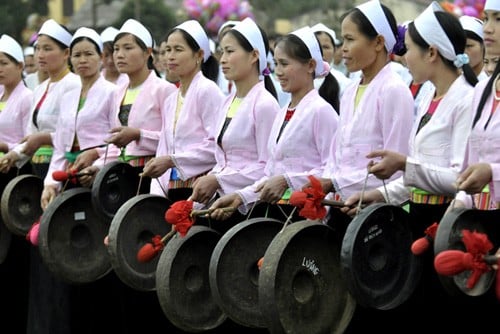

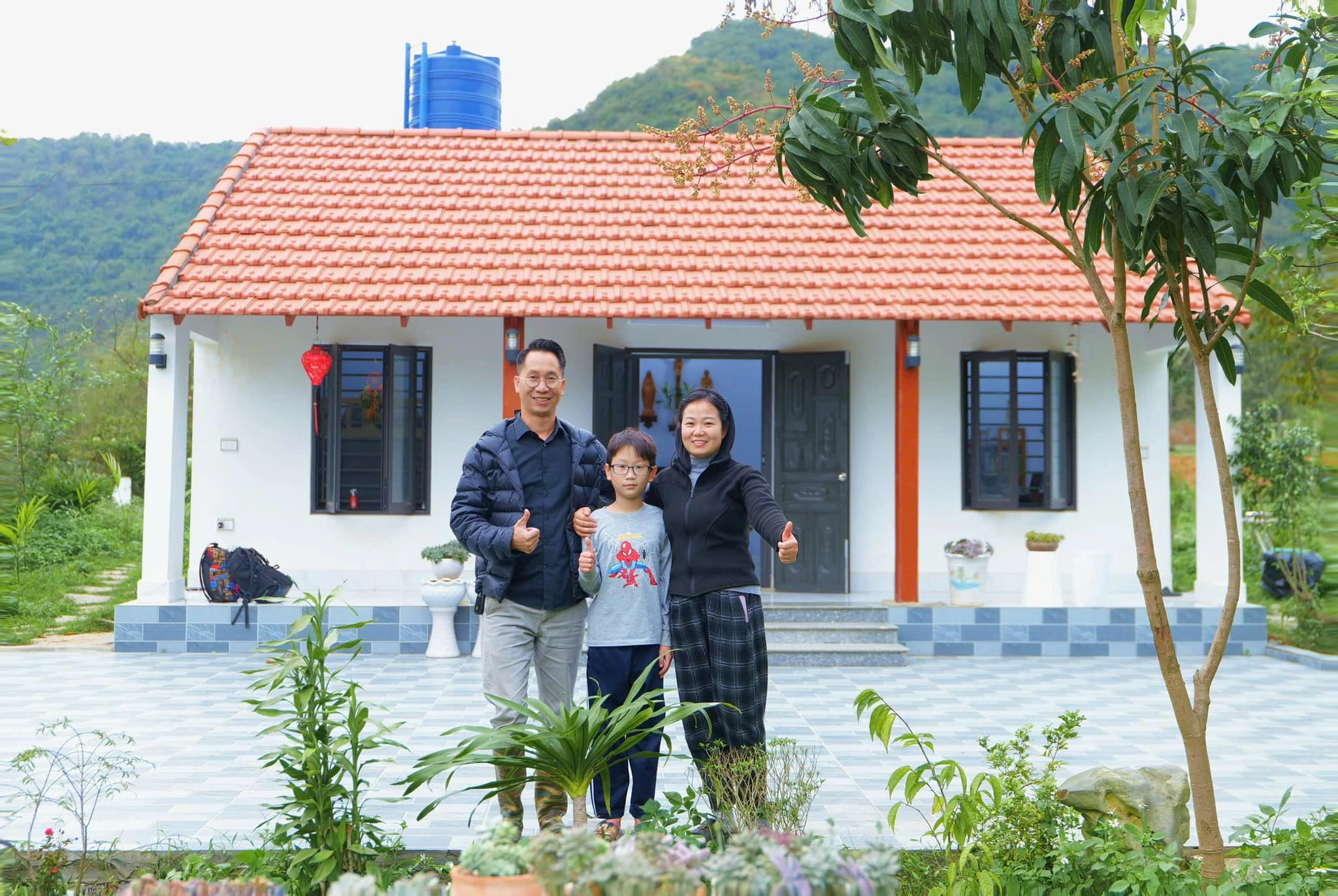


















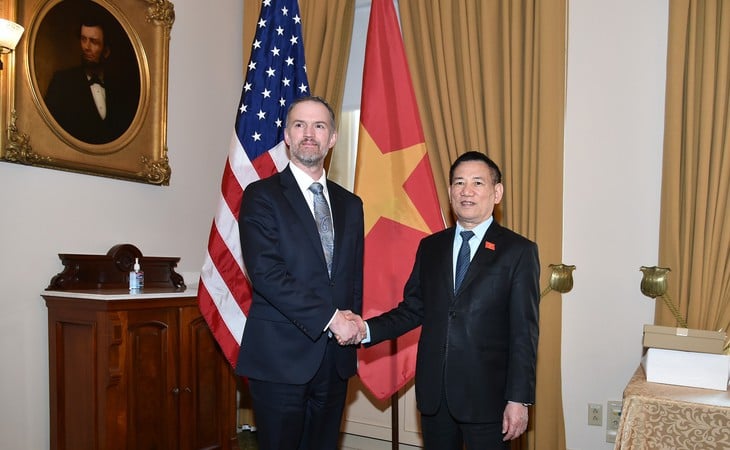



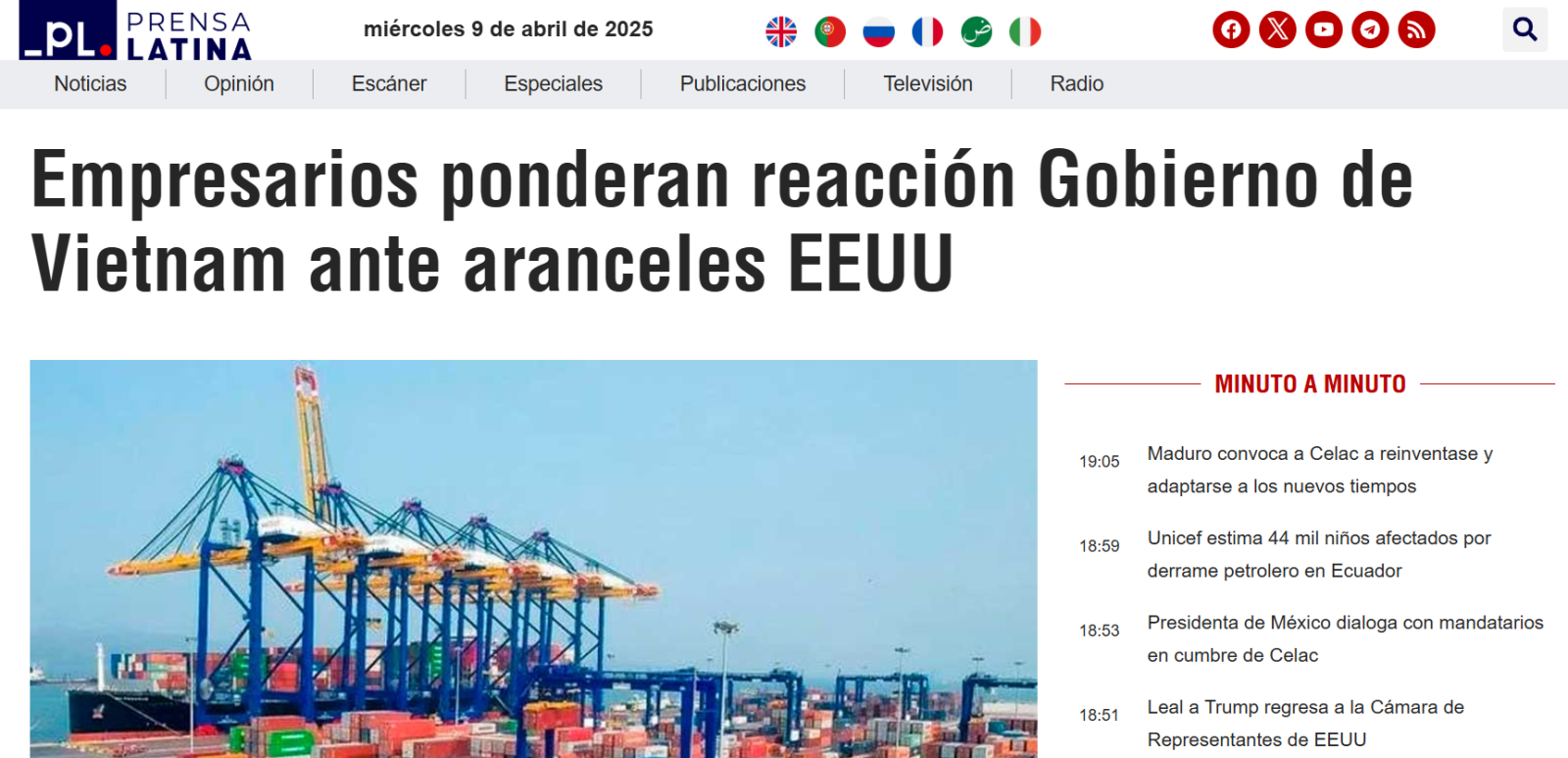









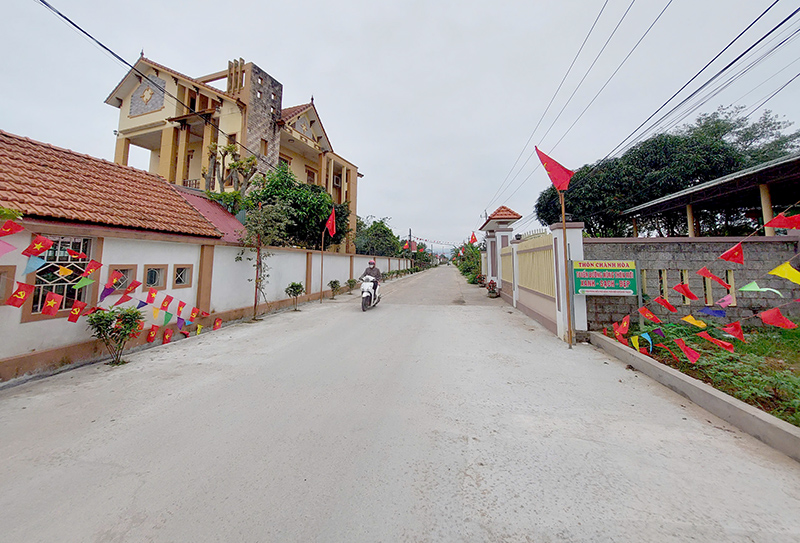



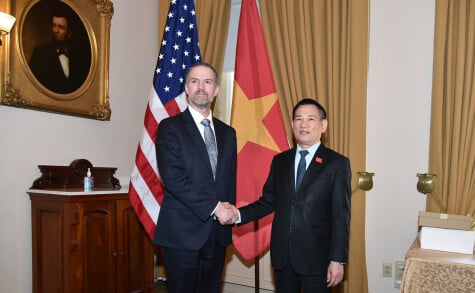










Comment (0)